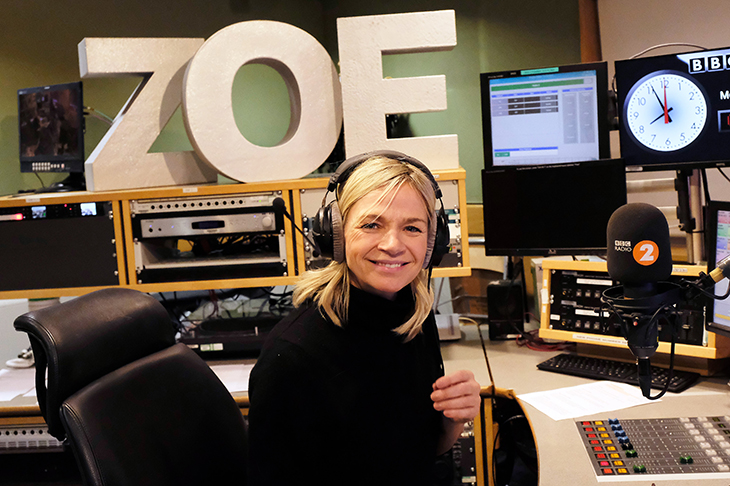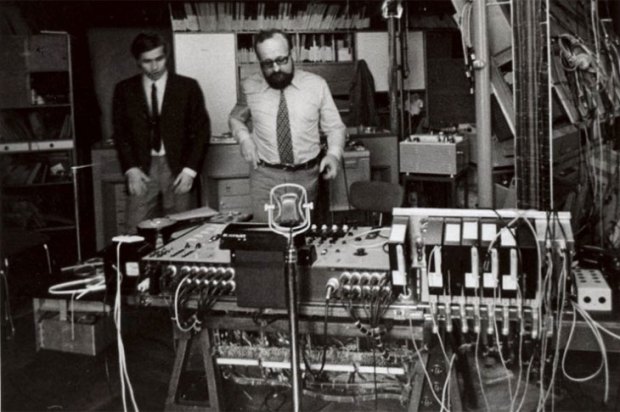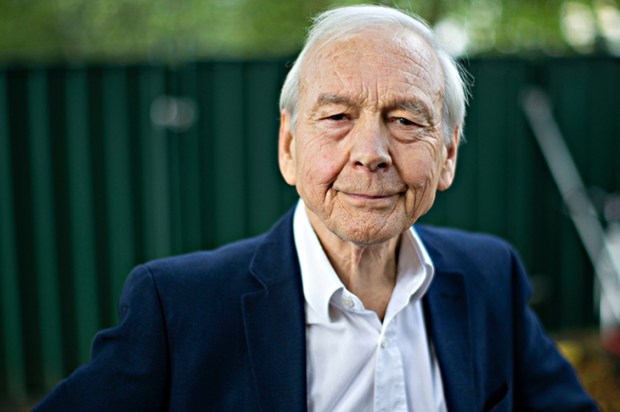Whether by accident or design, Zoë Ball took over the coveted early-morning slot on Radio 2 this week just as Radio 4 launched another of its Riot Girls series, celebrating ‘extraordinary’ women writers, those who have overturned convention, risen up against the status quo, proved themselves to be just as capable as their male oppressors (if not more so).
Already a subscriber? Log in
Subscribe for just $2 a week
Try a month of The Spectator Australia absolutely free and without commitment. Not only that but – if you choose to continue – you’ll pay just $2 a week for your first year.
- Unlimited access to spectator.com.au and app
- The weekly edition on the Spectator Australia app
- Spectator podcasts and newsletters
- Full access to spectator.co.uk
Or
Unlock this article
You might disagree with half of it, but you’ll enjoy reading all of it. Try your first month for free, then just $2 a week for the remainder of your first year.














Comments
Don't miss out
Join the conversation with other Spectator Australia readers. Subscribe to leave a comment.
SUBSCRIBEAlready a subscriber? Log in